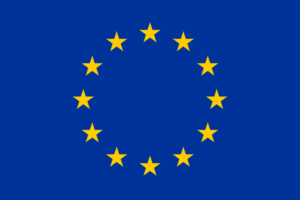 By Daniel Dombey in Brussels and Judy Dempsey in Luxembourg
By Daniel Dombey in Brussels and Judy Dempsey in Luxembourg
Controversial British plans to process asylum seekers in centres outside the European Union – which some officials had labelled the “end of asylum” – have been dropped because of opposition from other EU member states.
But London still hopes for some form of backing at an EU summit this week for pilot projects to establish “zones of protection” near conflict areas, particularly in Africa. The initial idea to vet asylum claims at “transit camps” outside Britain was fiercely criticised by countries such as Germany and Sweden, with concerns that such a scheme could break the Geneva Convention on Refugees.
Even British officials acknowledged that it would break international law if asylum seekers were shipped off to such camps after already having arrived in the UK.
But the UK, which has promised to halve its number of asylum seekers by September, has found support among countries such as the Netherlands, Denmark and Austria. It is now looking for backing for pilot schemes for displaced people near their place of origin. One such “zone of protection” could be in Kenya.
“Transit camps are not being actively considered,” said Jack Straw, UK foreign secretary. “However, zones of protection are, and we have support in the United Nations High Commission on Refugees on that.”
The subject is likely to receive limited attention at the EU’s summit at Thessaloniki, Greece, on Friday and Saturday, but should feature in its conclusions.
A draft text calls on the European Commission to “examine ways and means to enhance the protection capacity of regions of origin and first countries of asylum, in particular on the basis of experience gained by pilot projects to be conducted in full partnership with countries concerned and in close co-operation with UNHCR”.
In a recent statement, the Commission said it was looking at new ways to finance EU asylum policy, while the draft constitution drawn up by Valéry Giscard d’Estaing’s Convention on the future of Europe calls for end of national vetoes on immigration and asylum.
The UNHCR says its plans are at an early stage, but Ruud Lubbers, the Commissioner, has floated the idea of centres that would process claimants from so-called “safe countries”.
Amnesty International, the campaigning organisation, is critical of the UK, the Commission and UNHCR, warning against the creation of new “Sangattes”, a reference to the now closed detention centre on the French coast. It argues that EU countries take in only a small proportion of the world’s refugees.